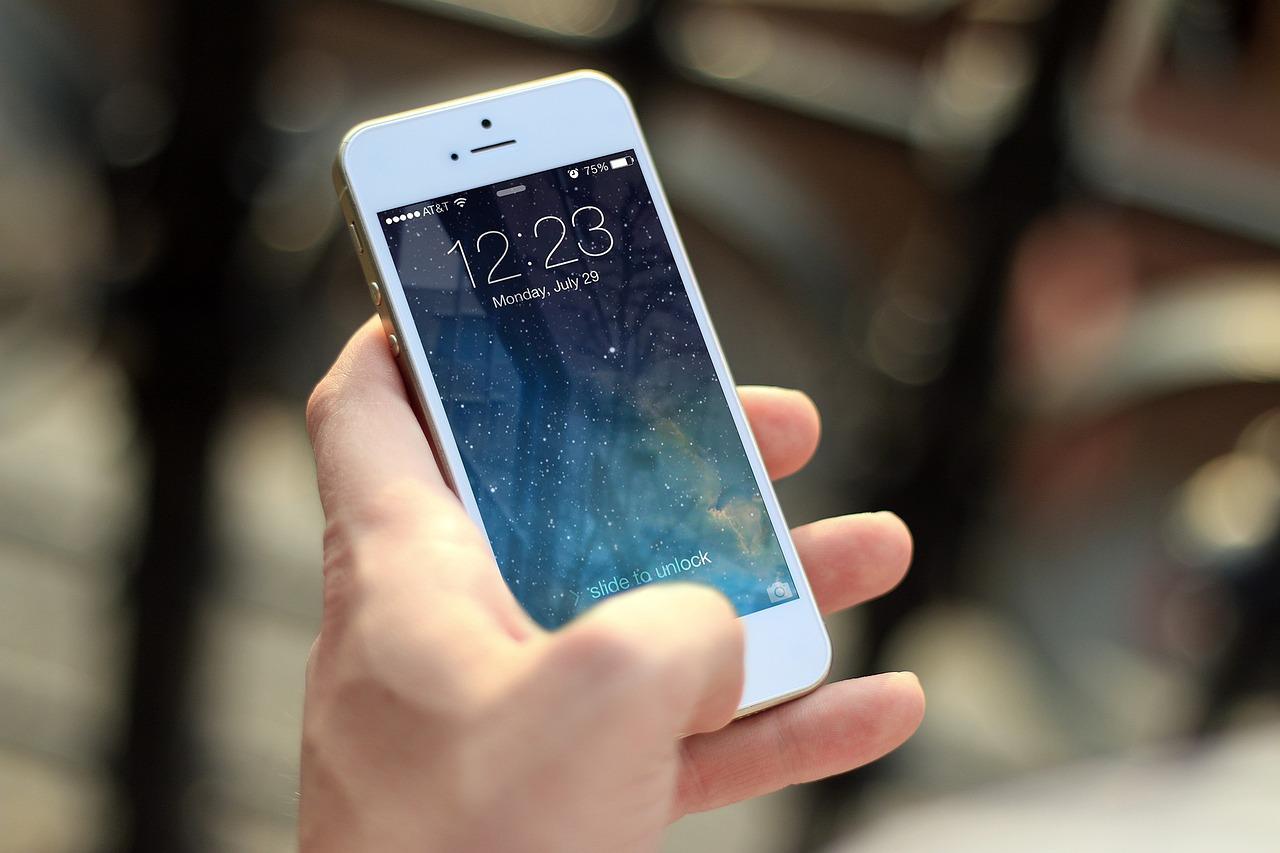
Living in a connected society has some incredible perks alongside some unrelenting downfalls. Chief among these downfalls is the lack of privacy, which a digital lifestyle can lead to. In many cases, this reduced privacy is in our own hands as we post our activities and memories on social platforms for all to see.
There are increasing moments when information we don’t want to share publicly falls into the hands of others. While this could occur through the work of hackers trying to exploit us using this information, we often give this information away unknowingly.
Doing this has led to much speculation and discussion over whether or not one of our primary digital lifestyle devices is being monitored. This device—our smartphone, of course—is constantly connected to various servers to bring us the latest information and keep us connected to those around us and afar.
Read along as we examine whether there is any truth to the speculation that these devices monitor everything we do. We’ll also investigate what happens to the data these devices collect and how to protect against this.
Location Tracking
Before we proceed, it is crucial to acknowledge that your phone is being tracked. But not in the sinister way you may be thinking. What is constantly being tracked is your location, though only if you’ve agreed to it by accepting the terms and services that make provision for this.
Both Android and iOS request that you allow location tracking when setting up a new device (or sometimes after). Unlike popular conspiracy theories, this isn’t done so that Google or Apple—or the government—can find you at the drop of a hat.
Instead, these location trackers personalize your digital content, such as weather, traffic alerts, and upcoming nearby events. Personalizing these services helps these operating systems and subsystems deliver more relevant content that you will more likely want to see and use daily.
External Tracking
One of the most significant concerns among phone users is that their devices are constantly listening to them. With the inclusion of personal assistants like Siri and Google Assistant, this isn’t an unfounded concern. However, in many cases, the concern may be unnecessary.
These assistants are programmed to record and analyze external audio data using your phone’s microphone. As a result, they can carry out tasks you may request or perform searches you may want results on.
However, these assistants are programmed only to begin recording and analyzing audio data after specific keywords have been spoken (such as ‘Okay Google’ or ‘Hey Siri’). Once these words are mentioned, the assistants are activated and will track what you’re saying.
The catch-22 is that, to know when you are saying these trigger phrases, these devices must listen to everything you say. Both Google and Apple have stated that actual recording of audio data only occurs after trigger words are said and that any ‘listening’ the device does before this is ignored.
Most people accept this reasoning, but some have found it untruthful. In fact, both firms have had lawsuits filed against them due to their devices listening in even when trigger words aren’t spoken. Most of these suits were passed off by the companies claiming that the assistants received a false trigger (an instance where the software thought the trigger words were spoken). Whether or not that is entirely true, of course, is another story.
Spyware Tracking
The two primary tracking methods used on phones mentioned above are covered under the terms of use and privacy policies that consumers agree to when using a phone. However, there are some instances where advanced tracking is taking place without consent.
Instances like this occur when spyware is loaded on a device, either by a user’s security negligence or purposefully by the government or other agencies. This software can track advanced metrics ranging from whether a user is playing real slot app games on casinos.com to posting on Instagram. All this information is fed back to the entity that installed the spyware.
One of the most prominent known instances of this software’s use was the Pegasus debacle. In 2021, a US government company signed a deal with Israeli firm NSO Group to license the use of the Pegasus software.
After journalists uncovered the secret deal, which was signed days after the administration actively condemned both the NSO Group and the use of such software, further details came to light. These included that the deal allowed the government sole access to the information gleaned from the system and speculation that it would be used on specific Mexican targets.How to Stop Your Phone from Tracking Your Activity
Modern smartphones clearly record our activity, with or without spyware. This data is compiled to create a profile for each user and can be used by phone suppliers or sold to other companies.
To minimize this tracking, you can employ the following tricks:
- Disable location services: while turning off location services doesn’t altogether disable them, it does restrict most applications from accessing this information even if they have permission to do so.
- Set app permissions: using permission restrictions, users can stop any app from being authorized to access location services. Permission protocols can also block access to external information gathered by inputs like microphones or your device’s camera.
- Perform regular updates: most updates pushed to modern smartphones contain security patches. These plug any hole that allows governments or other nefarious entities from installing spyware on your phone or accessing any data your phone may be recording.
- Monitor strange activity: despite some hackers’ ability to install spyware on a phone quietly, the presence of such software has some defining tells. Among these are excessively high data usage, your phone becoming hot, seeing unrecognized applications, your phone suddenly being unlocked or jailbroken, or strange things occurring when you’re not using the device. If any of these things are noticed, spyware may be present, and it may be best to perform a factory reset of the device.